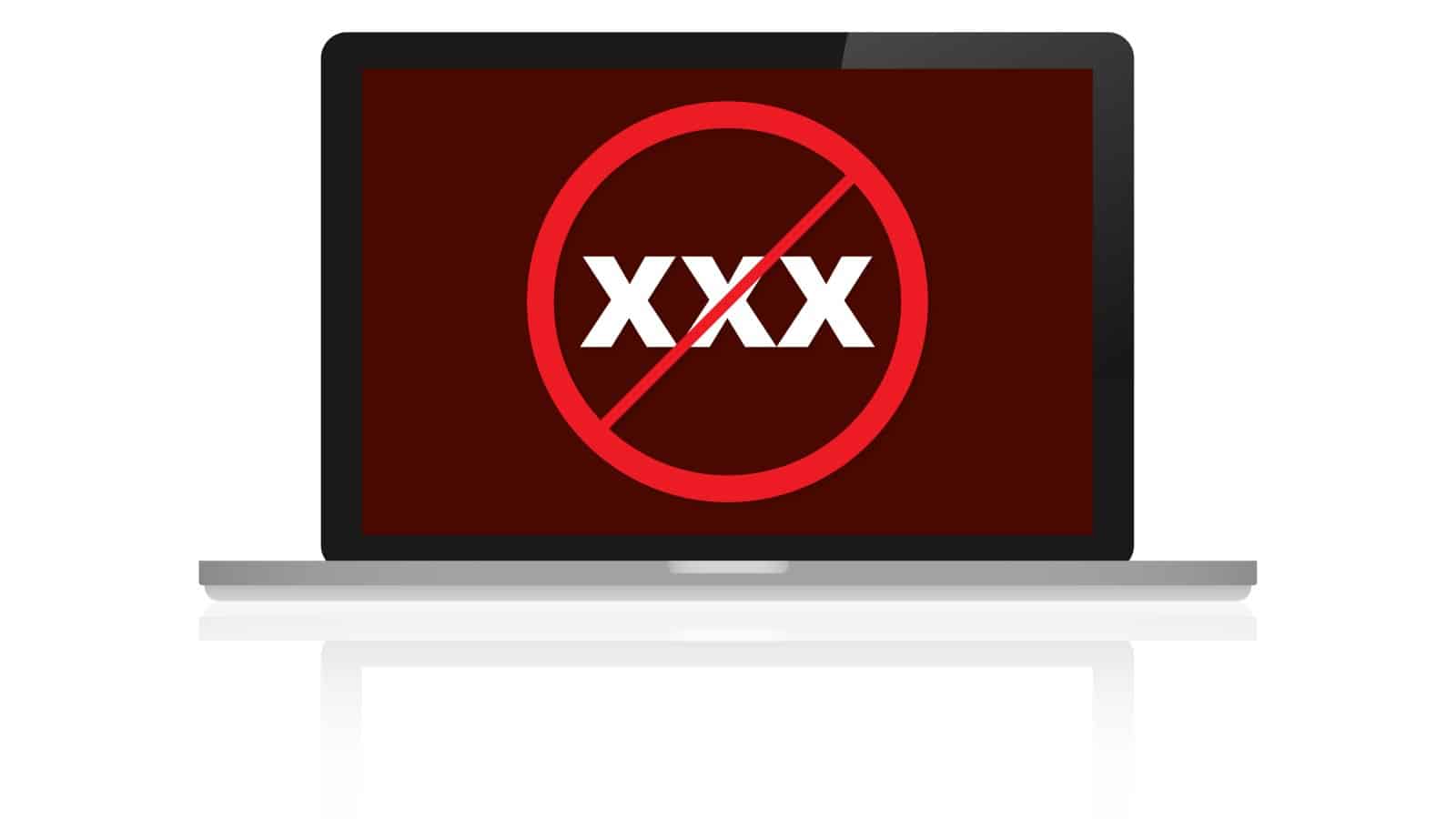
A government official has said the UK will “not be able” to block websites that violate the new online age verification laws if popular browsers like Firefox and Google Chrome enabled DNS encryption by default.
The “porn block law” – which we’ve been covering extensively since it was announced as part of the Digital Economy Act in 2017 – is due to come into force on July 15. But as yet, there’s still no confirmation on exactly how it will work in practice.
For UK users that still want access to adult content, you’ll need to prove your identity via one of the BBFC-accredited Age Verification (AV) systems. For sites that have UK visitors, an age-verification mechanism will have to be in place.
At the Internet Service Providers Association’s (ISPA) Annual Conference last week, Mark Hoe, from the government’s National Cyber Security Centre (NCSC), said the government wouldn’t be able to block websites that violate the porn ban, once the new law is in force.
“The age verification measures… although those are not directly affected [by DNS encryption] it does effect enforcement of access to non-compliant websites,” Hoe said, according to the Daily Star.
“Whereas we had previously envisaged that ISPs would be able to block access to non-compliant sites, [those] using DNS filtering techniques don’t provide a way around that,” he added.
Circumvent Big Tech's Censorship! Never miss another post!
Subscribe to our notifications!
Article continues below
Therefore, the age verification process, which was originally expected to be in place in April 2018, could be delayed again by the Department for Culture, Media and Sport if no solution is agreed between ISPs and the UK government.
And especially if the UK’s most popular web browsers don’t get on board with the new regulations. According to the Telegraph, the UK’s intelligence, security and cyber agency GHCQ has warned against Google’s plans to introduce encrypted browsers on Chrome. The agency has also said Mozilla Firefox introducing DNS encryption could undo the aims of the new age verification process, after the browser began rolling out DNS encryption in the US in April.
https://twitter.com/adamkinsley/status/1131254216071286784
The British Board of Film Classification (BBFC), the UK’s pornography regulator, says that porn sites that do the following will not be considered compliant with the new law, whenever it is introduced:
- relying solely on the user to confirm their age with no cross-checking of information – for example by using a ‘tick box’ system or requiring the user to only input their date of birth
- using a general disclaimer, such as ‘anyone using this website will be deemed to be over 18′
- accepting age-verification through the use of online payment methods which may not require a user to be over 18 – for example by asking for ownership confirmation of a debit card
- checking against publicly available or otherwise easily known information, such as name, address and date of birth.
But whatever the government decide to do – as access is location-based – if users want to watch porn without verifying their identity, all they’d need to do is set up a VPN.
Read Next: UK pulls U-turn on obscenity laws, but is pushing ahead with age verification






